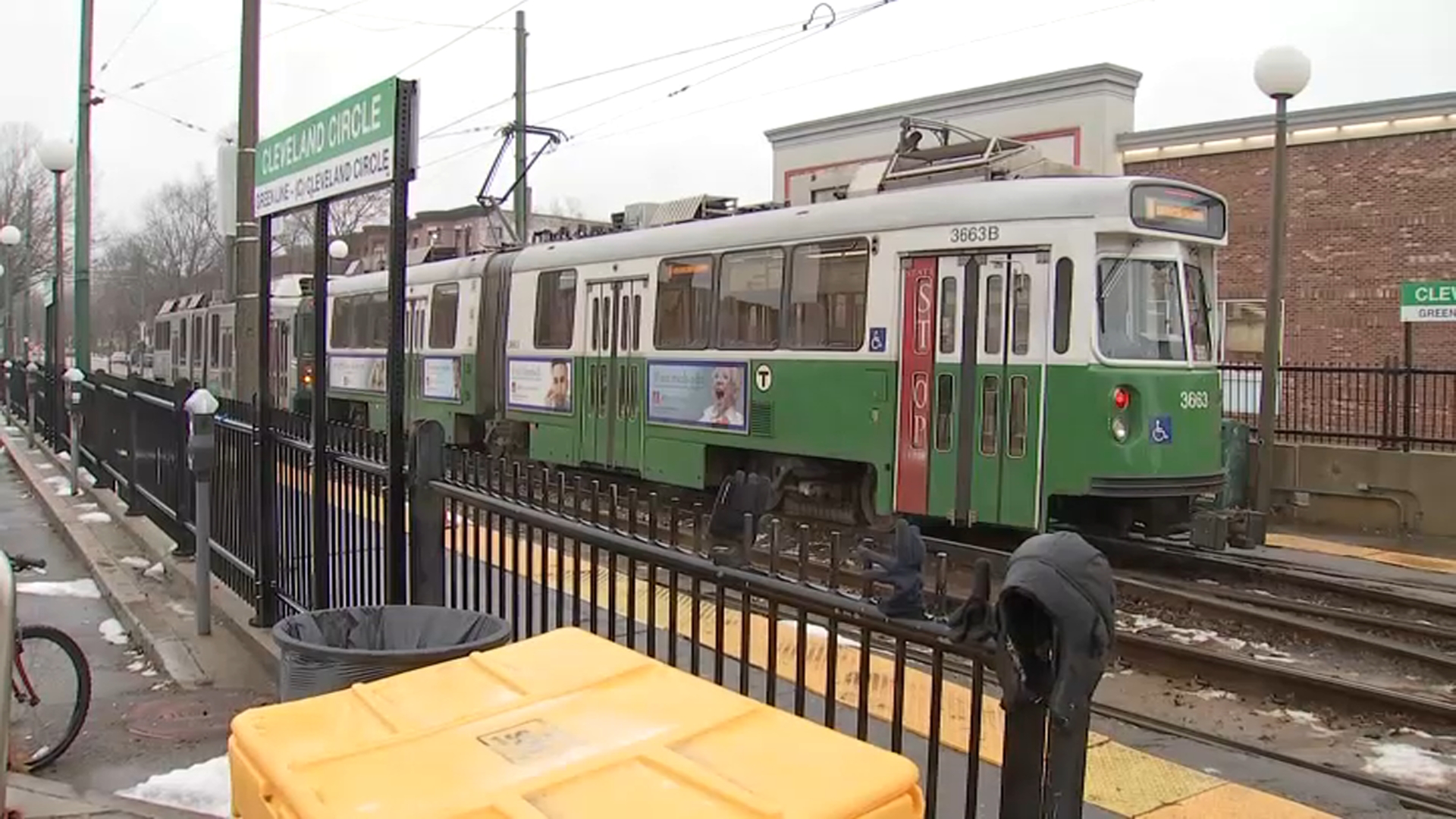
Low-income MBTA riders could benefit from discounted fares, slashed roughly in half from regular prices, by this summer, officials said Monday, pending a vote in late March by the MBTA Board of Directors.
The agency is currently seeking public comment on its proposed plan to offer discounted fares to riders ages 26 through 64 who earn 200% or less of the federal poverty level. The public comment period runs through Feb. 29, and the MBTA board is slated to vote on the low-income fares proposal at its March 28 meeting.
"This has been an effort several years in the making, and under the Healey-Driscoll administration, we are excited to be closer than ever to making this program a reality," Michael Cole, deputy commissioner for policy and programs at the Department of Transitional Assistance, said during a Monday morning news conference at the State Transportation Building.
"Affordable public transportation is crucial for people with low incomes, providing essential access to employment, education, health care and other services," Cole continued. "It has the ability to enable equity through mobility and social inclusion, can reduce isolation, and promote community engagement."
Get New England news, weather forecasts and entertainment stories to your inbox. Sign up for NECN newsletters.
The initiative would cost around $52-62 million, based on administrative and operating costs and fare revenue loss, according to information provided by agency officials. In her fiscal 2025 budget, Gov. Maura Healey proposed allocating $45 million for the program.
MBTA officials predict tens of thousands of riders will enroll in the program, which is also expected to boost ridership among low-income passengers. Cutting fares in half could translate into $720 in annual savings for daily bus and subway riders, and $1,908 for certain commuter rail riders, MBTA officials have said.



